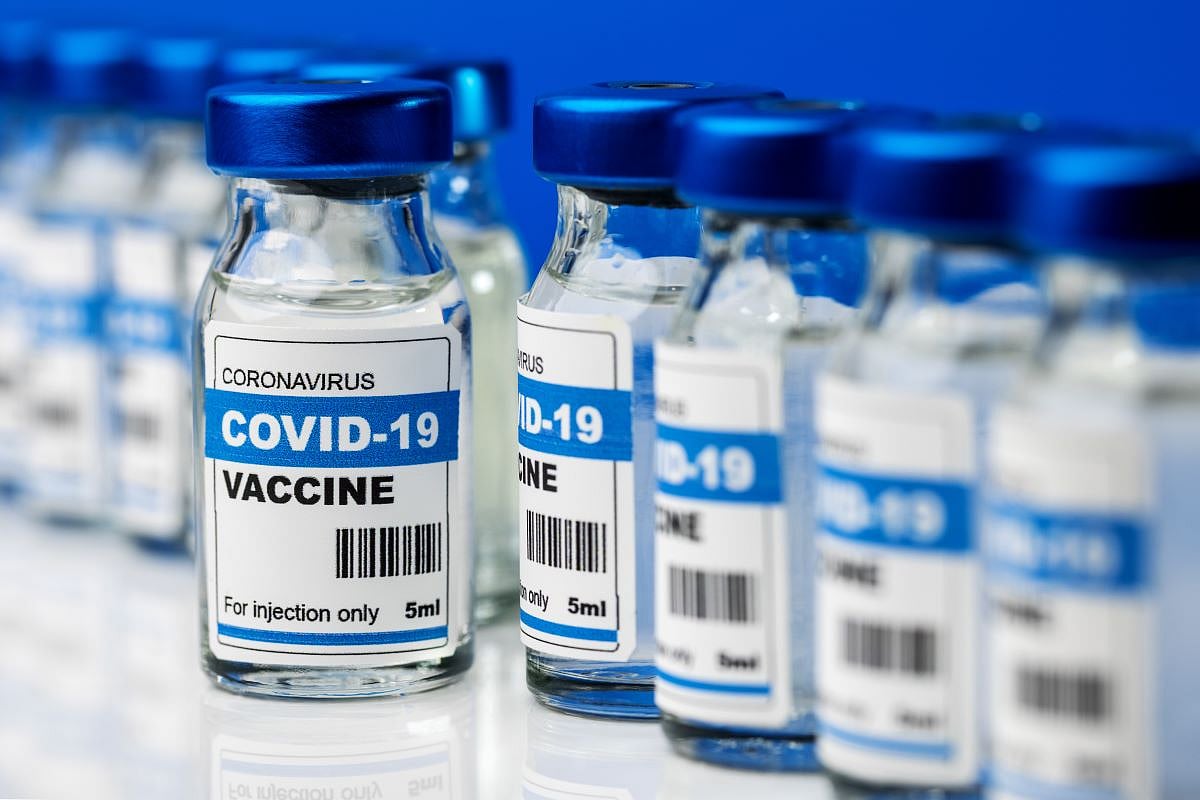Get Healthy!

- Dennis Thompson
- Posted December 2, 2024
When's Best Time for Your COVID Booster? That May Depend on You
Folks might want to try timing their COVID-19 booster vaccine to coincide with a period of increased transmission in their area, a new study suggests.
Doing so can improve protection against COVID infection as much as fourfold compared to getting the jab when the coronavirus isn’t spreading as much, researchers report in the journal Clinical Infectious Diseases.
“Timing is everything when it comes to COVID-19 boosters,” lead researcher Jeffrey Townsend, a professor of biostatistics at the Yale School of Public Health, said in a news release.
“Our research shows that receiving your booster shot at the right time can make a significant difference in your protection against infection,” he said. “By tailoring booster schedules to local COVID-19 patterns, we can help ensure people are best protected when they need it most.”
Results show that receiving a booster in September or October provides three to four times more protection against infection in the U.S., compared to shots given later in the year.
For example, New Yorkers can get the best protection by getting their booster on Sept. 15, the study found. Waiting until January reduces its effectiveness by 3.6-fold.
Ideally, booster shots should precede peak COVID periods by just under three months, the study found. That gives the shot a chance to maximize protection just as the virus starts to circulate, researchers said.
Delaying booster shots also might be best for people who experience a breakthrough COVID infection despite being vaccinated, researchers added. This is especially true if their infection occurs late in the year, at the height of the cold and flu season.
If a breakthrough infection occurs around the time someone has a scheduled booster, they might want to consider delaying it by several months to optimize their immunity, researchers said.
Researchers noted that these findings are particularly important for people at high risk for severe COVID, including the elderly and patients with compromised immune systems.
More information
The U.S. Centers for Disease Control and Prevention has more about COVID vaccines.
SOURCE: Yale School of Public Health, news release, Nov. 26, 2024







